AI Summary
Key Highlights of AI Impact in Engineering Education
This post explores how AI transforms engineering education by enhancing learning efficiency and institutional operations. The key insight: AI acts like a smart assistant, automating tasks and personalizing education for students. It covers AI applications across admissions, finance, administration, libraries, campus security, transportation, career services, and laboratory management. Tools like AI-driven applicant screening, chatbots, predictive scheduling, and advanced simulations improve decision-making and resource use. Engineering students benefit from AI-powered design and analysis software tailored to their disciplines. The post serves educators and administrators aiming to integrate AI, promising smarter learning, streamlined processes, and better student outcomes.
What is AI in Engineering Education?
Artificial Intelligence refers to the replication of human intelligence in machines designed to think and learn. In the context of engineering education, AI contains a range of technologies that enhance teaching and learning. These technologies include machine learning algorithms that analyze data to offer insights into student performance and adaptive learning platforms that customize educational experiences to meet individual needs.
And if you’re in the education industry, you’re probably planning to build an AI tool or platform for your institute! Check out our service pages, “AI App Development Services or AI Consulting Services and Integration Services” to learn more about AI.
TL;DR
AI engineering is one of today’s fastest-growing fields, with average salaries of $206,000 and 1.3 million new roles worldwide. This guide offers a practical, up-to-date roadmap for educators, students, and professionals to teach or learn production-ready, ethically grounded AI engineering and navigate clear pathways into the field.
- AI engineering is experiencing rapid growth with roles increasing 300% faster than traditional software engineering.
- Job postings for AI skills increased nearly 200-fold between 2021 and 2025, with average salaries at $206,000 in 2025.
- The curriculum combines ML fundamentals, software engineering, MLOps/LLMOps, data engineering, human-AI interaction, and ethics. Critical skills include deep learning, LLM fine-tuning, MLOps, NLP, and AI ethics.
- Key tools and platforms include PyTorch, TensorFlow, JAX, LangChain, LlamaIndex, Hugging Face, Vertex AI, SageMaker, and OpenAI APIs.
- Education pathways include university degrees, bootcamps, micro-credentials, and self-paced online learning. Programs feature project-based labs, reproducible pipelines, and evaluation metrics, with example programs at CMU and MIT offering industry-aligned models and innovative teaching methods.
Just think of engineering education like cooking a meal.
Without AI, it’s like following a basic recipe. You do all the chopping, measuring, and cooking yourself. It works, but it’s time-consuming and sometimes you make mistakes.
Now, imagine you have a smart kitchen assistant (like AI) that
- Suggests better ingredients based on what you have
- Automatically adjusts the recipe for different serving sizes
- Monitors the cooking process and warns you before something burns
Suddenly, cooking becomes easier, faster, and more efficient!
In the same way, AI in engineering education acts like that smart assistant. It helps students
- Solve problems more efficiently
- Automate repetitive tasks
- Learn complex concepts faster
It’s not just about doing things manually anymore, it’s about learning smarter!
Did you know?
HolonIQ reports that the global AI market in education will reach $6 billion by 2026, with an average annual growth rate of 47% between 2020 and 2026. This highlights the rapid adoption of AI in the education sector to improve the learning experience.
Advantages of AI in Engineering Schools
What’s truly exciting is that AI isn’t just changing how students learn; it’s also transforming how every department within these institutions functions, from admissions to administration to finance. The integration of AI is streamlining processes, enhancing efficiency, and creating more personalized experiences across the board.
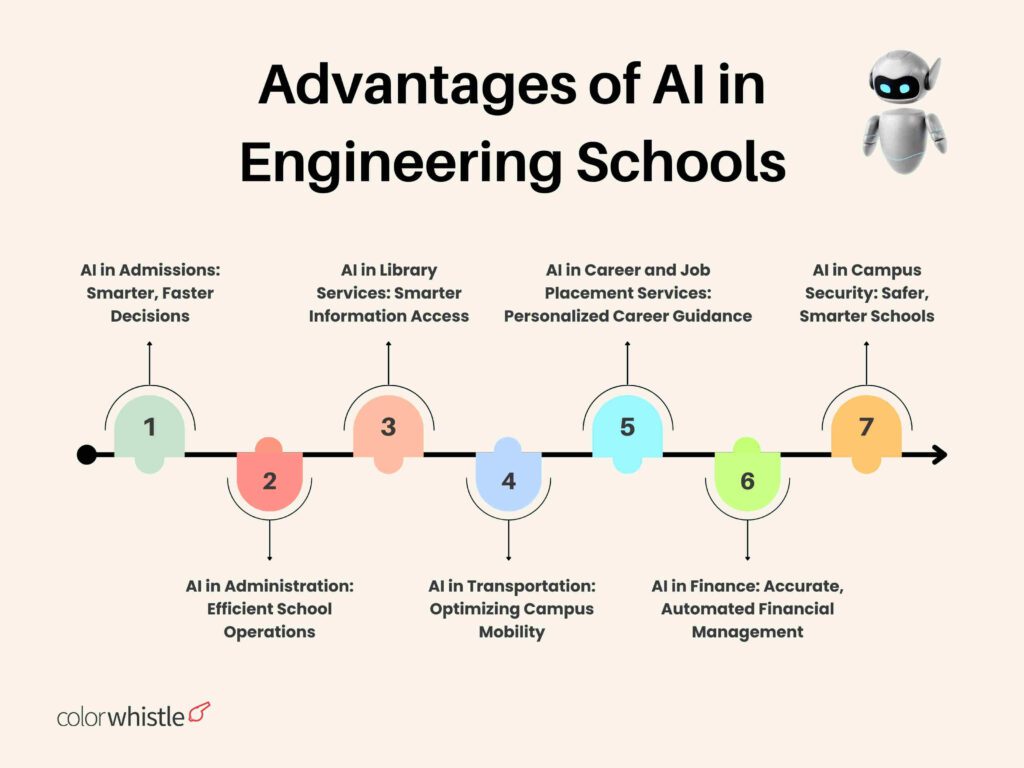
AI in Admissions: Smarter, Faster Decisions
AI tools are streamlining the admissions process, making it easier to evaluate applications and reach out to potential students.
- Automated Applicant Screening: AI-driven systems like Kira Talent help admissions departments review thousands of applications by analyzing academic records, extracurricular activities, and video interviews. Using Natural Language Processing (NLP), Kira evaluates the tone and content of applicant’s responses, offering more detailed insights for admissions officers.
- AI Chatbots: Ivy.ai and Drift provide AI-powered chatbots that answer prospective students’ questions 24/7. Whether a student is asking about scholarships, application deadlines, or course options, these chatbots offer instant, personalized answers, making the admissions process more student-friendly.
AI in Finance: Accurate, Automated Financial Management
Managing the budget of a large engineering institution can be complex. AI tools help finance departments make quicker and more accurate financial decisions.
- AI-Powered Accounting: Tools like Xero and QuickBooks now offer AI-driven features for automating expenses, tracking invoices, and predicting future budget needs. With Machine Learning (ML), these tools analyze past spending patterns to help schools forecast future financial needs
- Fraud Detection: Systems like SAS Fraud Detection use ML algorithms to spot unusual financial transactions, ensuring that school resources are used properly. This is especially helpful for managing large financial aid programs or tracking research grants
Also Read
AI in Administration: Efficient School Operations
From class schedules to campus facilities, AI is improving how administration teams manage engineering schools.
- Smart Scheduling: AI-driven platforms like CampusOptics and Ad Astra help optimize classroom schedules, ensuring that rooms are used efficiently while considering professor preferences and student schedules. These tools use predictive analytics to handle last-minute changes without creating conflicts
- Energy Management: AI tools like Enertiv help engineering schools reduce energy consumption. By monitoring the school’s power usage and predicting when maintenance is needed, AI helps reduce operational costs while keeping the campus environmentally friendly
AI in Library Services: Smarter Information Access
Libraries in engineering schools are benefiting from AI’s ability to organize, recommend, and optimize research material access.
- AI-Powered Cataloging: Ex Libris Alma is an AI-driven library management system that helps students and researchers quickly locate resources. Using Natural Language Processing (NLP), it can understand complex queries and offer more relevant search results, reducing the time spent finding specific engineering papers or research articles
- Recommendation Systems: Tools like DeepAI offer personalized recommendations for students looking for research material. By analyzing previous research or searches, AI suggests related books, papers, or resources similar to how Netflix recommends shows based on past viewing
AI in Campus Security: Safer, Smarter Schools
Campus security is an essential aspect of engineering schools, and AI is playing a key role in ensuring student safety.
- Facial Recognition and Surveillance: Tools like KastleSafe use AI-powered facial recognition to monitor campus entrances, ensuring that only authorized personnel gain access. Paired with video surveillance systems like Deep Sentinel, these AI-driven cameras can detect suspicious activity in real time and alert campus security
- Incident Prediction: AI tools such as ShotSpotter analyze sound patterns to detect gunshots or other hazardous incidents on campus, allowing security to respond immediately. With predictive analytics, AI helps schools preemptively identify security risks based on historical data and patterns
AI in Transportation: Optimizing Campus Mobility
Whether it’s getting students to class on time or managing the parking situation, AI is optimizing transportation and logistics within engineering schools.
- Smart Parking Management: AI-driven tools like ParkMobile provide real-time parking availability updates, guiding students and staff to the nearest open spot. These systems use ML to predict peak parking times, helping schools avoid congestion
- Autonomous Shuttle Systems: Some universities are experimenting with AI-powered autonomous shuttles to transport students around campus. NAVYA is one such autonomous shuttle service already being tested at multiple campuses to reduce the need for human drivers while ensuring efficient transportation
AI in Career and Job Placement Services: Personalized Career Guidance
AI is also transforming how engineering schools assist students in finding jobs post-graduation.
- AI-Powered Career Matching: Platforms like Handshake and VMock use AI to analyze students’ skills, internships, and academic records to match them with relevant job opportunities. With NLP and ML, these platforms can even help students improve their resumes and interview skills by analyzing job descriptions and providing tailored feedback
- Predictive Job Market Analytics: AI tools such as Burning Glass offer real-time data on job market trends, helping career services departments predict which industries and positions will be in demand. This enables schools to guide students toward the most relevant job opportunities in fields like STEM, AI, robotics, and machine learning
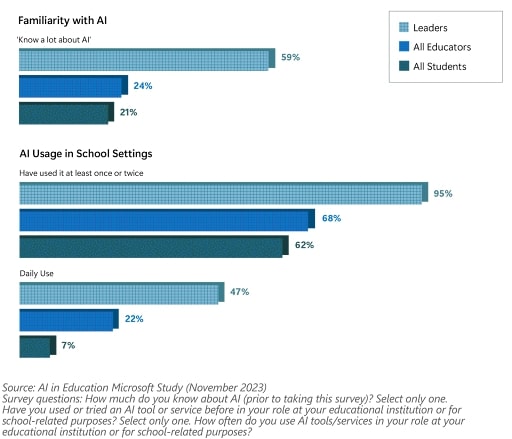
AI in Laboratory Management: Advanced Simulations and Research
AI has drastically improved how research labs in engineering schools operate, especially in running simulations, analyzing data, and maintaining equipment. Whether testing material strength, fluid dynamics, or thermal stress, students can experiment without needing physical resources, speeding up research and cutting costs.
Lab Equipment Monitoring: AI systems such as Tandem and UpKeep predict when lab equipment needs maintenance, reducing downtime and extending the life of expensive tools. These platforms use ML to analyze patterns in equipment usage and identify possible failures before they occur
Find out more about AI-based learning tools and Gamifying education in this helpful blog: “Metaverse in Education: Virtual Labs and Gamification”
AI Tools Used by Engineering Students
AI is not just remaking the overall education system but is being adopted by different engineering disciplines. Below is a list of AI tools commonly used by students in specific engineering departments
Mechanical Engineering
- SolidWorks with AI plugins: Helps in creating complex models and simulates real-world physics with predictive adjustments
- ANSYS: AI-driven simulations allow students to test mechanical designs for fatigue, thermal performance, and material properties
- SimScale: Cloud-based simulation tools with AI for stress analysis, airflow prediction, and thermal dynamics
- Fusion 360: Cloud-based 3D CAD, CAM, and CAE tool that uses AI for design optimization
Also Read
Civil Engineering
- Autodesk Revit: AI algorithms for building information modeling (BIM) to assist in sustainable architecture and construction projects
- Bluebeam Revu: AI-enhanced collaboration tools that enable civil engineering students to work on blueprints and construction management tasks
- CityEngine: AI used to model and simulate urban planning, improving spatial efficiency and environmental sustainability
- AutoCAD with AI Plugins: Improves design processes through automated drafting and layout suggestions
- Revit: Uses AI for building information modeling (BIM), improving project management and collaboration
- OpenRoads Designer: Incorporates machine learning algorithms for roadway design optimization
Electrical Engineering
- MATLAB with AI Toolboxes: Widely used by electrical engineering students for AI-based simulations and control systems, signal processing, and machine learning applications
- LabVIEW: AI-integrated software for automated testing, data acquisition, and system monitoring
- PyTorch and TensorFlow: These are used in neural network modeling and machine learning applications for designing AI systems and robotics
- Altium Designer: Uses AI-driven features for PCB design automation
Computer Science and Software Engineering
- TensorFlow: Used extensively for machine learning projects, allowing students to build neural networks and develop AI systems
- Jupyter Notebooks with AI Libraries: A standard tool for machine learning and AI research, enabling hands-on learning of data science, algorithm development, and AI modeling
- AutoML tools: Google Cloud AutoML and Microsoft’s Azure Machine Learning are platforms that allow students to develop machine learning models without extensive coding knowledge
Chemical Engineering
- Aspen Plus: Process simulation software that employs AI for optimizing chemical processes
- MATLAB for Process Control: AI toolboxes aid in chemical process simulations, helping students predict and optimize chemical reactions
- CHEMCAD: AI tools within CHEMCAD allow students to simulate distillation processes, optimize thermal processes, and improve process controls in a virtual lab environment
- COMSOL Multiphysics: Uses AI to simulate chemical reactions under various conditions
Biomedical Engineering
- Siemens Healthineers AI: AI tools for imaging and diagnostics, allowing students to simulate and learn from real-world medical data
- Slicer (3D Slicer): Open-source software for medical image analysis, enhanced by AI tools to improve image segmentation and diagnosis
- Deep Learning Models in Healthcare: TensorFlow or PyTorch is used for developing AI solutions for medical diagnostics, predicting patient outcomes, and simulating biological processes
Future of Engineering Education with AI
As AI grows, more engineering schools are adding it to their lessons, not just as something to study, but as a tool to make learning easier. Today, students can use AI-powered tools that help solve tough problems and teach them the skills they’ll need in the workplace. This is important since fields like automation, healthcare, and sustainable energy are using AI and machine learning more and more to innovate.
From personalized learning platforms to AI-based simulations and research tools, AI is giving students amazing new ways to learn and create. This helps them get ready for a future where AI will play a big role in their careers.
Browse our ColorWhistle page for more related content and learn about our services. To contact us and learn more about our services, please visit our Contact Us page.
What’s Next?
Now that you’ve had the chance to explore our blog, it’s time to take the next step and see what opportunities await!

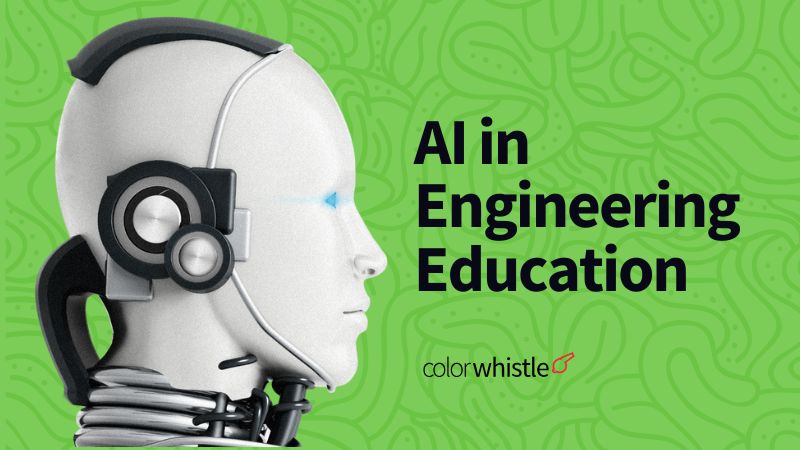
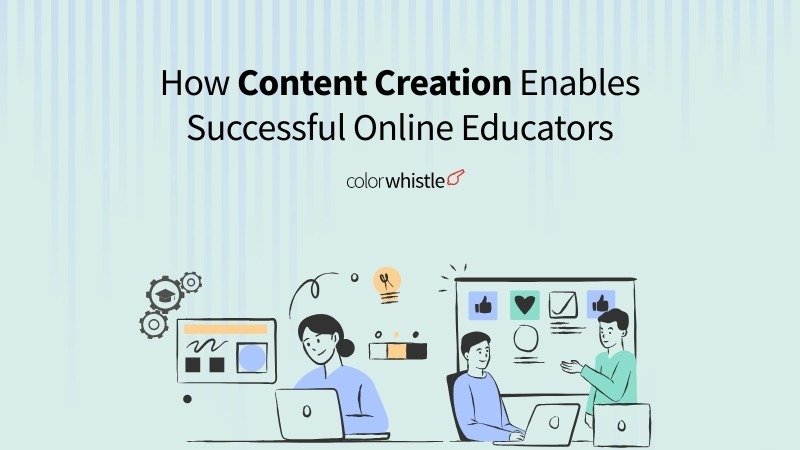
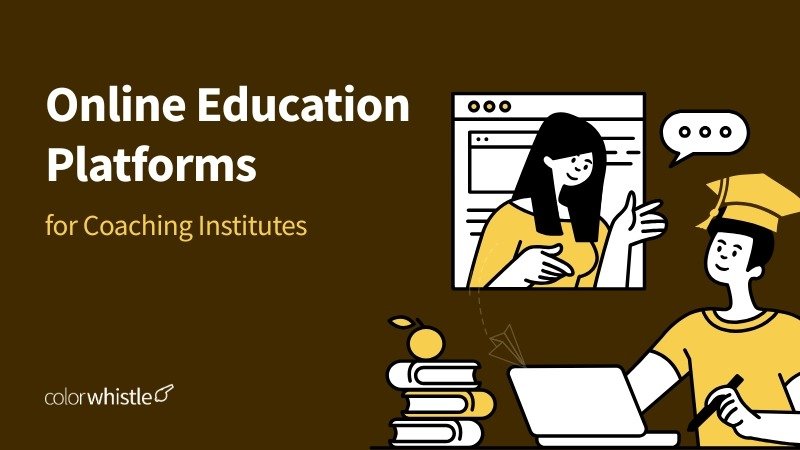


Hi,
AI is undoubtedly playing a vital role in revolutionizing engineering education, as highlighted in this article. Another exciting angle is the integration of AR and VR technologies. Many engineering institutes are leveraging VR to teach complex engineering concepts in an immersive and highly engaging environment.
While researching ongoing developments and innovative approaches in engineering education, I came across VR labs. One noteworthy provider in this space is iXRLabs, which offers impressive VR lab solutions for engineering education. They even provide a free demo of their engineering modules, which is definitely worth exploring!